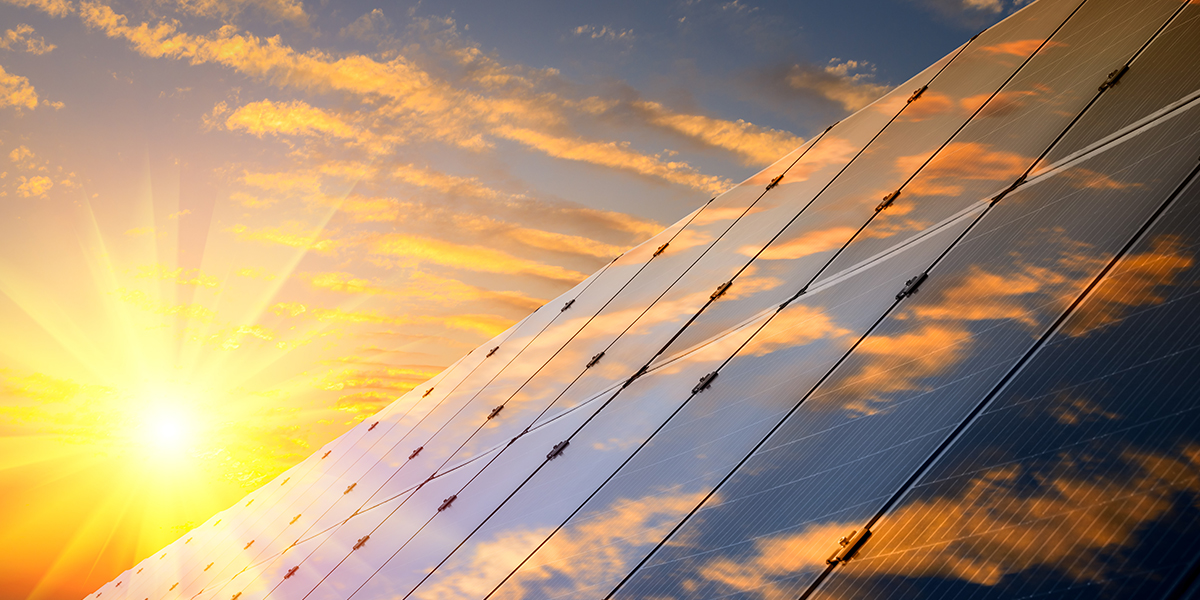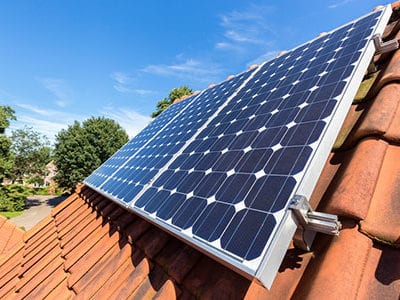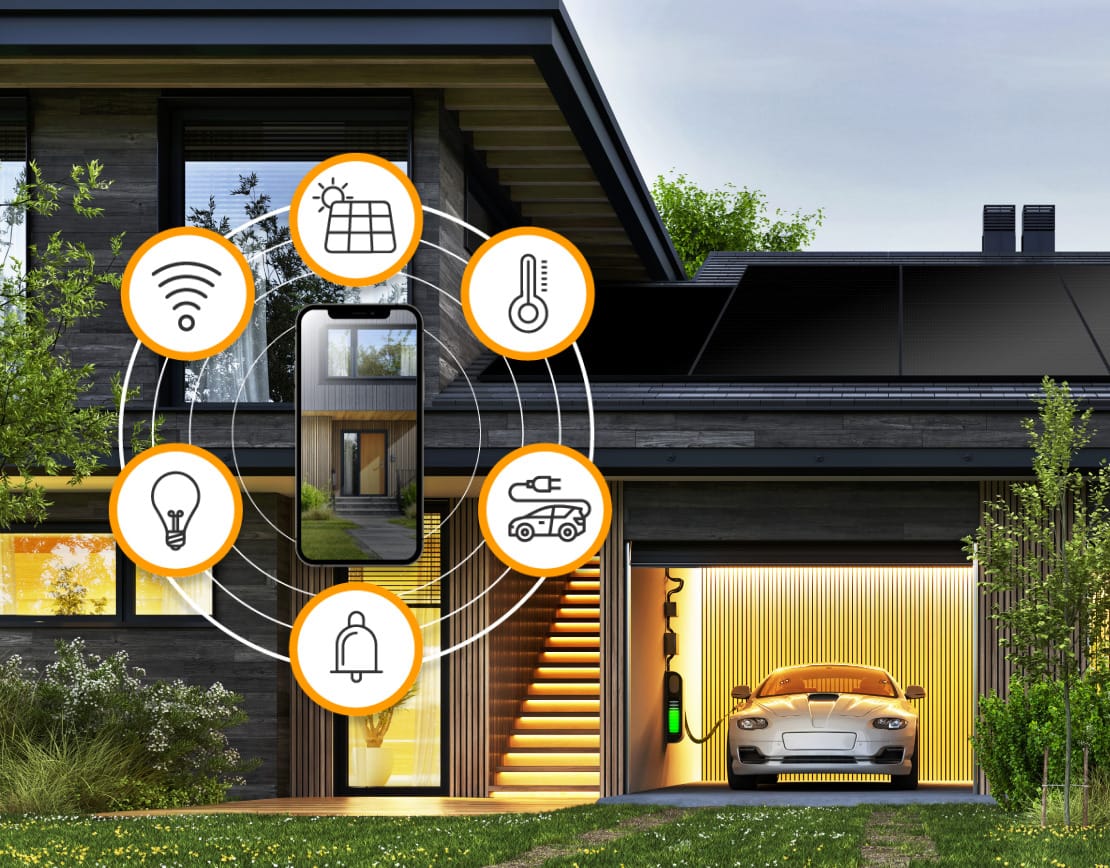Why:
There are many reasons to go off grid, whether it is to reduce your carbon footprint, avoid reliance on fossil fuels or the most common reason- to assert your independence from utility companies. While going off grid is certainly more difficult than staying on grid, it can be done.
determine how much energy your home produces. Next you should do any home improvements to enhance your home’s energy efficiency. Once you have taken these steps you are ready to design your solar system, and begin reaping the benefits.
While going off grid is very enjoyable to most, there are a few things to keep in mind. A main concern is that while your solar panels will last between 30-50 years, your batteries will need to be replaced several times. In fact, if you do not use your batteries properly they may need to be replaced more often. Another common concern is that during the winter months you may have little to no sunlight for days to weeks- producing power outages. To prevent downfalls your off grid system will need to become a hands-on system.

While there are several concerns, taking a hands-on approach can alleviate many of those concerns. For instance with proper battery maintenance and regular charge schedules your batteries will last much longer. In addition, if long-term power outages are a concern, you can create a system that allows use of any load at any time. While creating this type of system is far less environmentally friendly it will help to prevent loss of power. As with any venture problems will arise and there will be drawbacks, although there will also be great reward. Solar is an affordable, and reliable way to begin going off grid.
What You'll Need:
Many homeowners today are taking advantage of photovoltaic solar panels to generate their own electricity. With PV panels a direct electrical current is being produced, which is passed through an inverter. The inverter converts the direct current (DC) into an alternating current (AC),then the alternating current is used to power your home. But what happens when you generate more energy than you use?





